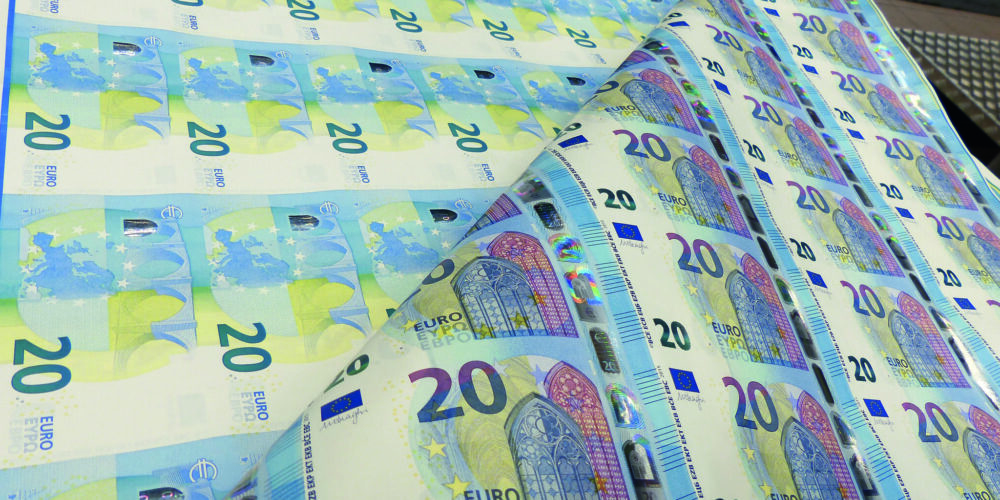The European Parliament Supports the Introduction of Digital Euro
Yesterday, the LIBE committee of the European Parliament expressed its support for the latest report on the digital euro, paving the way for the recognition of this currency as a means of payment. The voting resulted in a clear majority of support – 48 votes in favor of introducing the central bank digital currency (CBDC) and only six votes against. The proposed changes include, among others, support for permissionless blockchains and fulfill most of the demands of the banks.
Political Parties Backing the Digital Euro
In the voting on the digital euro, members from liberal and leftist parties participated, joined by the largest faction in the Parliament – the European People’s Party (PPE). In addition to the PPE, support for the digital euro was also expressed by social democrats (S&D), the Renew group, the Greens, and the Left Party, together controlling 531 out of 705 seats in the Parliament.
Shift in Moods in the European Parliament
The low number of opposing votes comes as a surprise considering previous debates from last year, where many concerns were raised. Achieving success in the voting allows for moving away from previous fears and taking steps towards introducing the digital euro in the European setting.
Concerns of Conservatives and Regulatory Direction
It is worth mentioning the opposition from some conservative members, such as Cristian Terheș from the European Conservatives and Reformists (ECR), who expressed dissatisfaction with the decision. Conservatives are afraid that the introduction of a digital currency will lead to increased state control over citizens, which in their opinion violates civil rights.
Introducing the Digital Euro and the European Central Bank
While payment service providers will be able to use their own wallets, the standards for the digital euro will be set by the European Central Bank. This decision aims to ensure coherence and stability in the functioning of the digital currency within the European Union.
Introducing the digital euro is a step towards a modern approach to Europe’s financial system, opening up new payment possibilities and facilitating international transactions.








